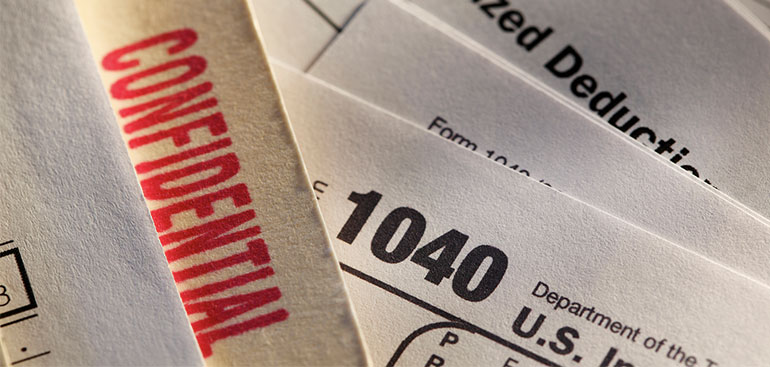Kirk H. Low. Tennessee CPA Journal. April 1999.
A tax bill arising from the TSCPA State Tax Committee is now on the governor’s desk for signature. Cooperation on tangible personal property issues between Tennessee’s count tax assessors, the auditors under contract with the assessors, the practitioners, and taxpayers will be enhanced by recent amendments to Tennessee Code Annotated, Title 67, Chapter 5, Part 4, entitled “Providing Confidentiality for Property Tax and Taxpayer Information.” Effective July 1, 1999 information supplied by taxpayers to assessors will become confidential except for the tangible personal property return.
In Tennessee, real property records are open to the public. Confidentiality of tangible personal property records was not a significant issue until the settlement between the public utilities and airlines against the Tennessee State Board of Equalization. This settlement required the State Board of Equalization to increase the number of tangible property audits conducted. County assessors began requiring property schedules to be attached to returns. As a result, key financial information is now being requested by the auditors including copies of Tennessee franchise and excise tax returns, working trial balances, charts of accounts, depreciation schedules and lists of leased equipment.
The new law will limit access to the tangible personal property records to the following:
- the taxpayer or the taxpayer’s designee,
- individuals with a court order allowing access,
- the assessors and their employees
- the auditors employed by the assessors, and
- child support enforcement staff.
The Tennessee State Board of Equalization will develop rules on the disclosure of tangible personal property information.
This legislation brings the confidentiality of tangible personal property records in line with the requirements imposed upon the Tennessee Department of Revenue except that the tangible personal property return remains public. In keeping the return as a public record, the Tennessee Legislature allowed the public to see the amount and relative age of property reported, but not the details of what the company actually owns. However, because leases are listed on the back of returns, the details on leased property would be available to the public.
Communication between the assessors and practitioners will improve by these changes in the law. Practitioners will be able to provide information to assessors that, in the past, had to be limited to protect the client’s records.

